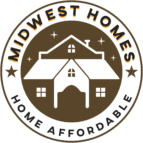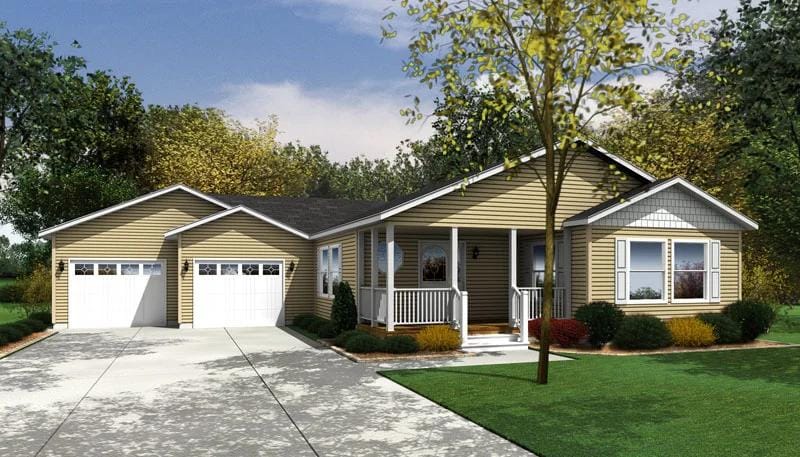Finding the perfect place for your modular home requires a big decision: Should you buy the land or lease it? Each option has its benefits and drawbacks. Here’s a detailed look to help you decide the best option for modular homes in Iowa.
Pros of Land Ownership for Modular Homes
Pro 1: Long-Term Stability
Owning land ensures you have a permanent location for your home. You won’t face lease renewal concerns or potential rent increases.
Pro 2: Financial Investment
Land ownership of modular homes builds equity over time. If the value of your property increases, you can benefit financially if you choose to sell later.
Pro 3: Customization and Control
When you own the land, you have complete freedom to design and develop it to suit your needs. Whether you’re setting up a garden, adding fencing, or installing utilities, you can make decisions without needing a landlord’s permission.
Pro 4: Privacy
For those seeking space and quiet, land ownership allows you to control your surroundings and avoid crowded communities.
Cons of Land Ownership for Modular Homes
Con 1: Higher Upfront Costs
Buying land can be expensive. Beyond the purchase price, you must also cover property taxes, closing costs, and potentially higher insurance premiums.
Con 2: Ongoing Maintenance and Responsibility
Landowners are responsible for property upkeep, from lawn care to managing utilities and access roads.
Con 3: Zoning and Permitting
You must ensure your property complies with local zoning laws and obtain necessary permits for placing your modular home.
Pros of Leasing Land for Modular Homes
Pro 1: Lower Initial Costs
Leasing land typically has lower upfront expenses, making it a more affordable choice, especially for young homeowners or students.
Pro 2: Flexibility
If you’re not planning to stay in one place long-term, leasing is a practical option. It’s easier to move when you’re not tied to land ownership.
Pro 3: Minimal Maintenance Responsibility
Many leased lots come with maintenance included, such as snow removal, landscaping, or road repairs, reducing your personal responsibilities.
Pro 4: Access to Community Amenities
Some leased land is part of modular home communities, offering shared amenities like parks, pools, and event spaces.
Cons of Leasing Land for Modular Homes
Con 1: Lack of Equity
Unlike owning land, leasing doesn’t build financial equity over time. Your monthly payments go toward rent rather than an investment.
Con 2: Limited Control
Leases often come with restrictions on what you can do with the property, such as landscaping changes or adding structures.
Con 3: Uncertain Future Costs
Lease agreements can include rent increases, and there’s always the risk of not being able to renew your lease.
Con 4: Potential for Relocation
If the lease is terminated, you may have to relocate your modular home, which can be costly and time-consuming.
How to Choose the Right Option in Iowa
Start by assessing your budget. If you’re interested in modular homes for sale in Iowa, consider the total costs of both options, including utilities, permits, and property taxes. Think about how long you plan to stay in one location. For long-term housing, land ownership of modular homes makes more sense. If you need flexibility, leasing is a better fit.
Look at local zoning laws, especially in cities like Council Bluffs or Des Moines, to ensure the land is suitable for modular or prefab homes in Iowa. Proximity to schools, public transportation, and job opportunities should also influence your decision.
Midwest Homes Simplifies Modular Living
Whether you’re considering modular homes in Iowa or exploring options for manufactured homes for sale in Iowa, Midwest Homes has the expertise to guide you. From understanding zoning regulations to exploring financing options, we make the process straightforward.

